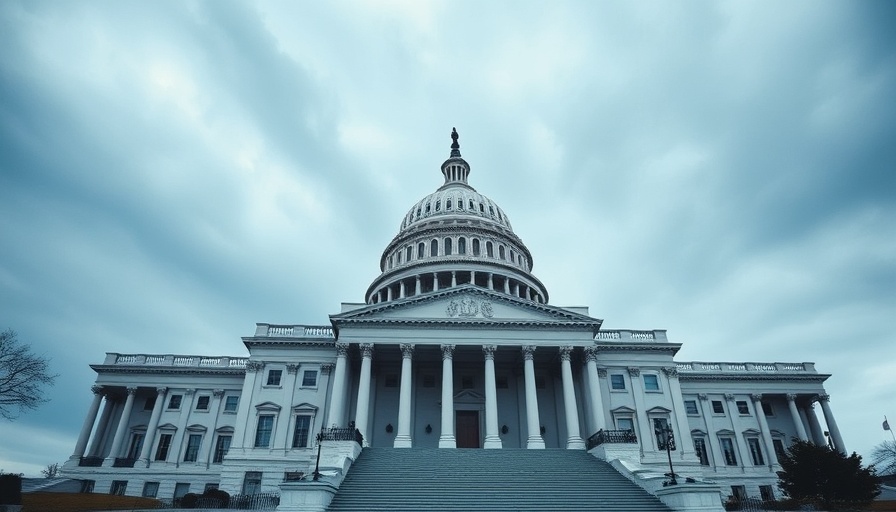
The Looming Cuts: A Health Care Crisis
In a shocking turn of events, the Senate Republicans have advanced a budget bill that threatens to dismantle access to crucial health care services for millions of Americans. With the House preparing for a final vote, the repercussions are poised to ripple down to the most vulnerable populations including older adults, low-income families, and individuals with disabilities. The ramifications of these cuts could redefine healthcare accessibility across the nation.
What Does the Bill Entail?
The proposed legislation aims to significantly reduce funding for essential programs such as Medicaid, Medicare, and the Supplemental Nutrition Assistance Program (SNAP). These slashes are unprecedented and could push around 17 million Americans into a challenging situation where healthcare, food security, and general well-being are severely compromised. The Medicare Rights Center highlights the urgency of rejecting this bill, denouncing it as an attack on fundamental human rights.
Medicaid Cuts: Implications for Millions
The bill introduces severe limitations on Medicaid, enforcing stringent work reporting requirements that could disenfranchise countless beneficiaries. As enrollees face heightened costs and tougher qualification processes, many low-income individuals—including children and the elderly—will be at risk of losing their coverage entirely. This policy shift threatens to amplify existing socio-economic disparities, as struggles to access necessary health care become commonplace.
Impact on Medicare Beneficiaries
While the focus often lies on the uninsured, it’s essential to consider current Medicare enrollees who could face the brunt of these cuts. Eliminating cost-assistance programs and halting safety regulations in nursing facilities endangers the lives of many who rely on these services. It is imperative that healthcare professionals advocating for their patients' well-being remain aware of these developments, as they may need to adjust treatment plans and referral processes in response to policy changes.
SNAP Benefits: Rising Food Insecurity
The alterations to SNAP are equally alarming, as this program ensures that millions of vulnerable populations have access to food. Increased bureaucracy and shifting costs onto states threaten to push more families into food insecurity. As healthcare providers, understanding the intersection between nutrition and health outcomes is crucial. The loss of SNAP benefits could catalyze higher malnutrition rates, leading to increased healthcare costs down the line.
Future Predictions: A Deteriorating Landscape?
If these cuts are implemented, the implications will be felt across multiple sectors. Healthcare professionals and policymakers must acknowledge that cutting funding for health services does not equal fiscal savings. Instead, they're likely to see a rise in emergency visits, hospitalizations, and long-term health complications, creating significant strain on our already burdened healthcare systems.
How Can Healthcare Providers Respond?
In light of such drastic changes, it is vital for healthcare providers to take actionable steps. Engaging in community outreach to educate patients on the impending changes could foster a better understanding and compliance with health regulations. Additionally, aligning practice automation efforts with the changing landscape can streamline care coordination, ensuring continuity of care even amidst these potential upheavals.
A Call to Action: Let Your Voice Be Heard
As the final House vote approaches, it's essential for concerned citizens and healthcare practitioners to advocate against these harmful cuts. The stakes are high, and public health hangs in the balance. Reach out to your senators, share your voice, and demand the protection of vital health initiatives that serve all American communities.
 Add Row
Add Row  Add
Add 




Write A Comment